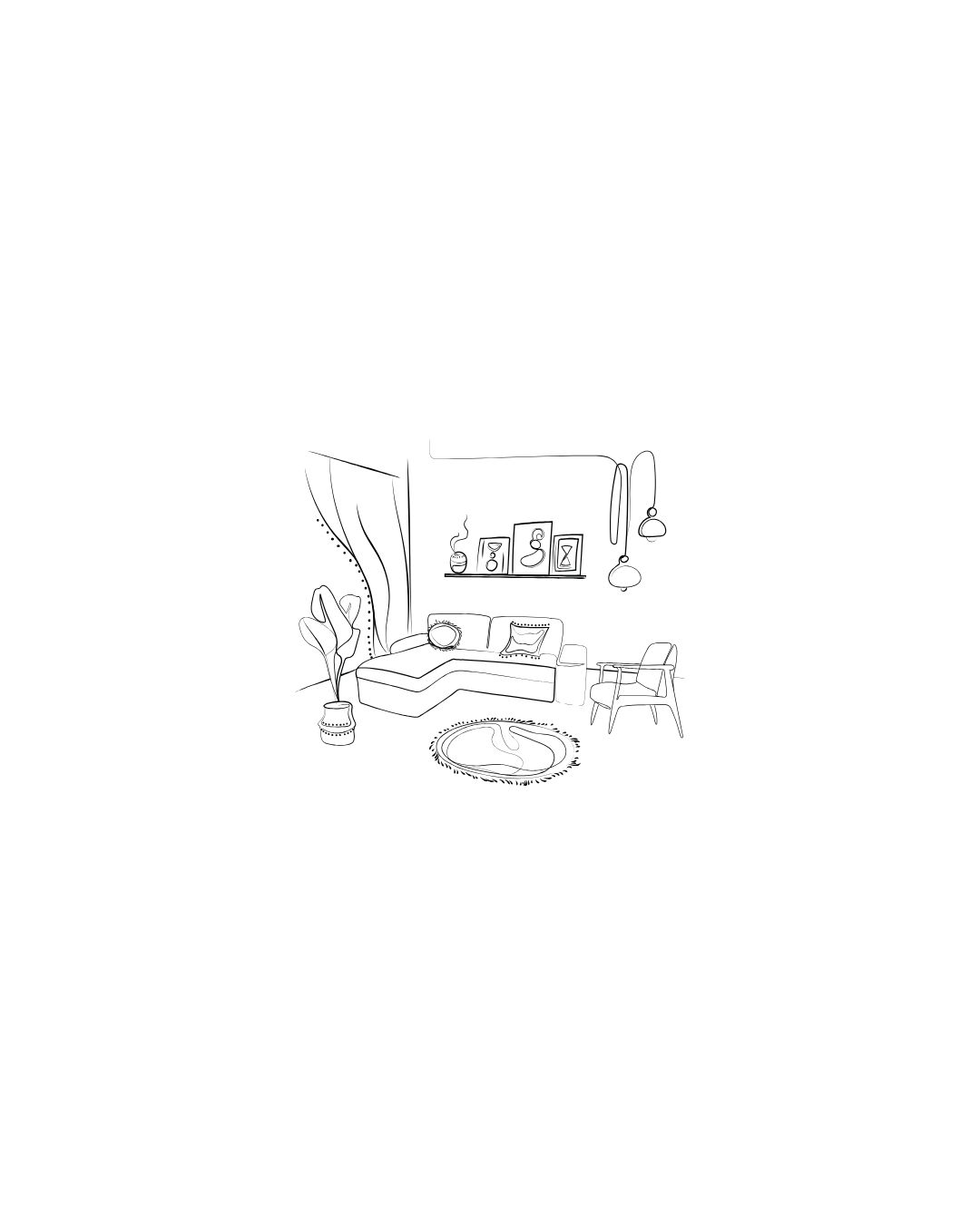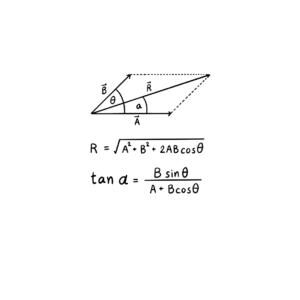Description
A Master of Science (M.Sc) in Interior Designing is a graduate program that focuses on the art and science of creating functional and aesthetically pleasing interior spaces. This program combines design principles, architectural knowledge, and creativity, preparing students for careers in residential, commercial, and institutional interior design. Below is an overview of the program, including core components, skills developed, and potential career opportunities.
Program Overview
Duration: Typically lasts 1 to 2 years, depending on whether students are enrolled full-time or part-time.
Mode: Offered in various formats, including full-time, part-time, and online options.
Eligibility: Usually requires a bachelor?s degree in interior design, architecture, or a related field. A portfolio demonstrating design skills may also be necessary.
Core Curriculum
The curriculum for an M.Sc in Interior Designing generally includes core courses, electives, and a final project or thesis. Common subjects studied may include:
Design Theory and Principles: Exploration of the fundamental concepts of design, including color theory, space planning, and materials selection.
Interior Architecture: Understanding the relationship between interior spaces and architecture, focusing on structural elements and how they influence design.
Sustainable Design: Study of environmentally responsible design practices, materials, and technologies that promote sustainability in interior environments.
Human Factors in Design: Examination of how human behavior and psychology influence interior design decisions, including ergonomics and usability.
Lighting Design: Principles and techniques for effective lighting design that enhances aesthetics and functionality in interior spaces.
Computer-Aided Design (CAD): Training in industry-standard software for creating detailed floor plans, 3D models, and visual presentations.
Interior Design Practice: Understanding the business aspects of interior design, including client relationships, project management, and marketing strategies.
Skills Developed
Creative Problem-Solving: Development of innovative design solutions that meet client needs and enhance user experiences.
Technical Proficiency: Mastery of CAD and other design software essential for creating professional-grade designs and presentations.
Communication Skills: Ability to effectively communicate design concepts to clients, contractors, and stakeholders through presentations and documentation.
Project Management: Skills in planning, organizing, and managing design projects, including budgeting and scheduling.
Collaboration Skills: Experience working in teams, often in collaboration with architects, contractors, and clients to achieve cohesive design outcomes.
Career Opportunities
Graduates with an M.Sc in Interior Designing can pursue various career paths, including:
Interior Designer: Creating functional and visually appealing interior spaces for residential, commercial, or institutional clients.
Interior Architect: Focusing on the architectural aspects of interior design, including spatial planning and building renovations.
Space Planner: Specializing in the optimization of space usage to enhance functionality and efficiency in various types of environments.
Sustainable Design Consultant: Advising clients on eco-friendly design practices and materials that promote sustainability.
Project Manager: Overseeing interior design projects from conception to completion, ensuring design integrity and budget adherence.
Design Educator: Teaching and mentoring future designers in academic institutions.
Benefits of Pursuing an M.Sc in Interior Designing
Industry Growth: The interior design field continues to grow, with increasing demand for skilled professionals who can create innovative and functional spaces.
Interdisciplinary Learning: The program often incorporates elements of architecture, psychology, and environmental studies, providing a well-rounded education.
Hands-On Experience: Many programs emphasize real-world projects and studio work, offering practical experience in designing interior environments.
Additional Considerations
When considering an M.Sc in Interior Designing:
Accreditation: Ensure that the program is accredited and recognized by relevant professional organizations in the design field.
Portfolio Development: Focus on building a strong portfolio of your design projects to showcase your skills and creativity to potential employers.
Networking Opportunities: Look for programs that provide opportunities for internships, workshops, and connections with industry professionals.
If you have specific questions about the M.Sc in Interior Designing, its courses, or potential career paths, feel free to ask!









